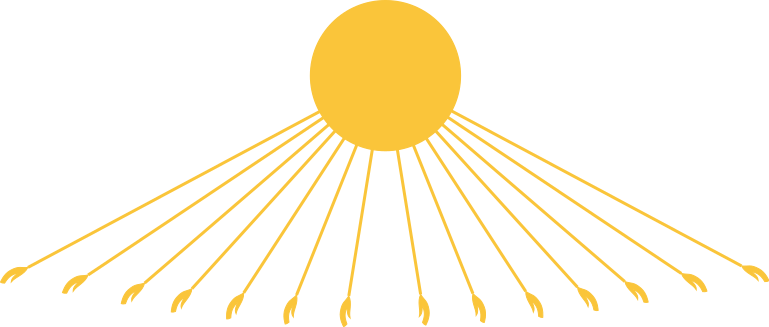The U.S. Treasury appears to be preparing to undermine Libya’s ability to trade its oil in dollars. The U.S. Treasury, for instance, issued a one and a half page letter to Libya’s central bank, explaining how Europe, which has been doing business within Libya’s splintered country for more than 11 years, has suddenly lost confidence in Libya’s banking sector.
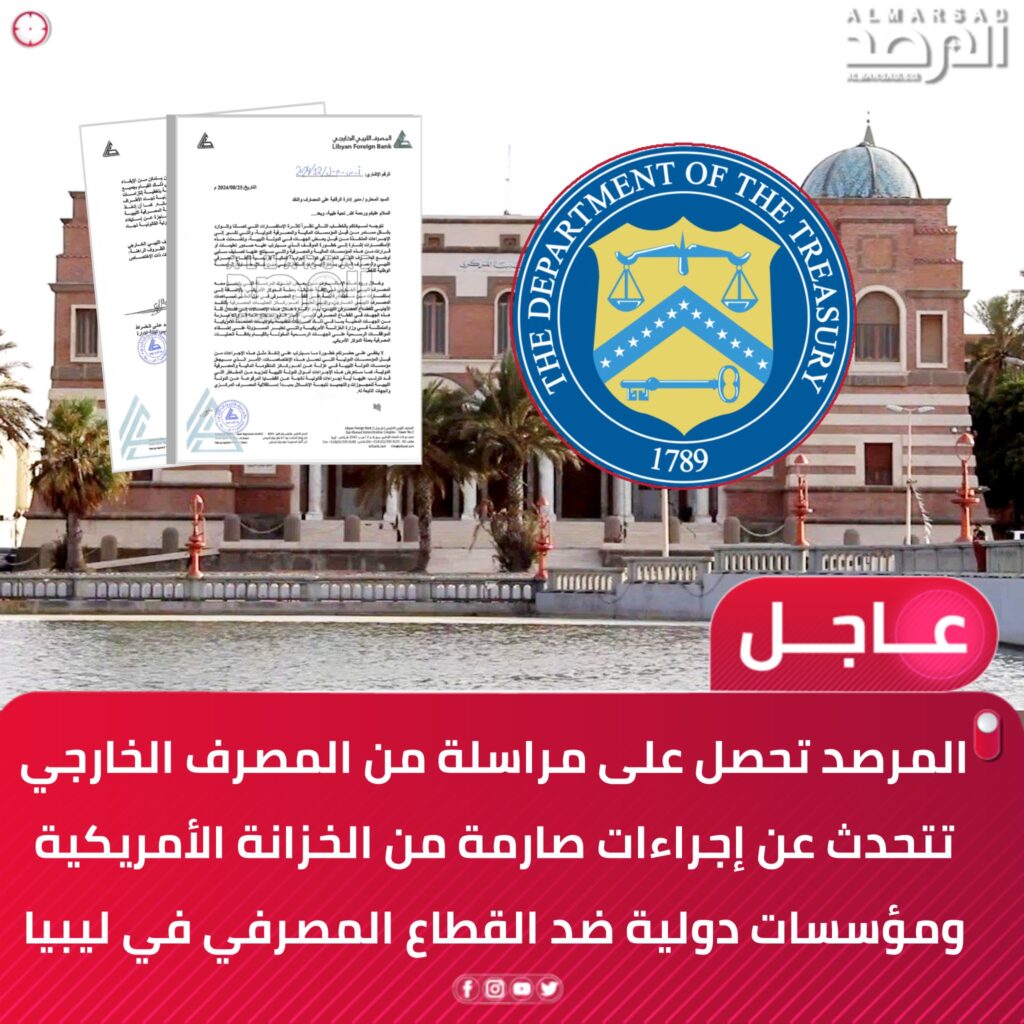
According to the most recent reports, which are primarily in Arabic with at least one exception, European powers are take Libya over. The current sanctions are designed to provide a basis in law for countries such as Italy to freeze Libya’s assets. With Libya’s assets frozen, the primary centers of NATO’s power, United Kingdom, France, the United States of America but with Italy in the lead, are in the advanced stages of implementing a plan to build a contingency force.
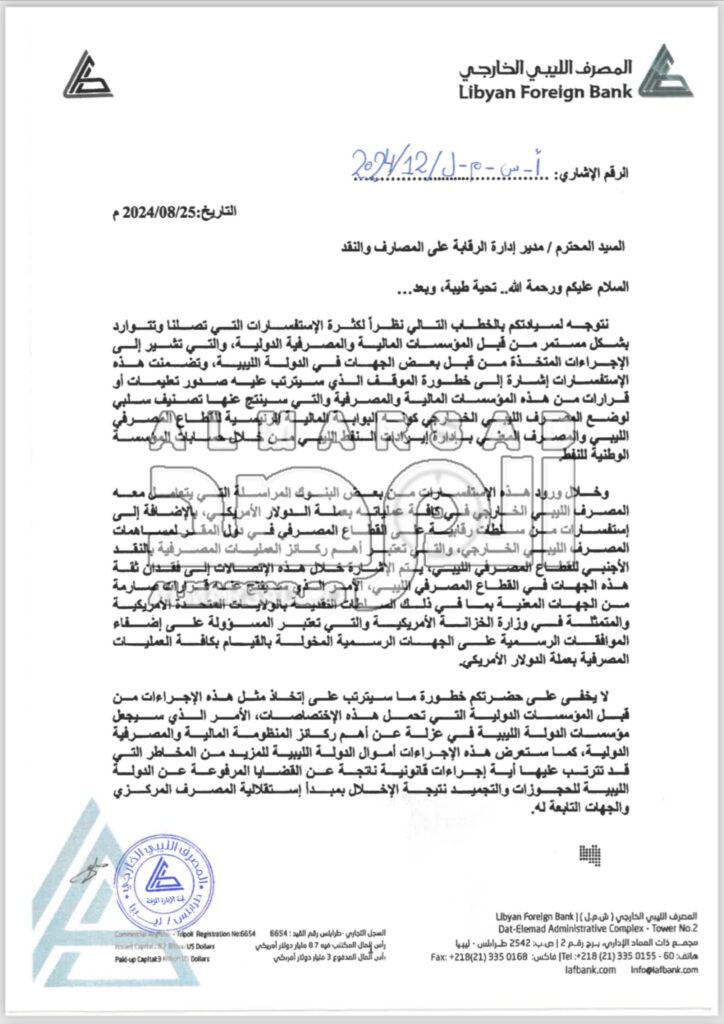
According to one commentator, James Wilson, “NATO seems to be seeking to intervene in Libya’s internal affairs and impose its control over the Libyan people’s oil and gas capabilities using soft power. It is seeking to achieve this through the so-called European Legion coalition, which consists of the United Kingdom, France, Italy, and the United States of America, in addition to the participation of armed militias in western Libya.”
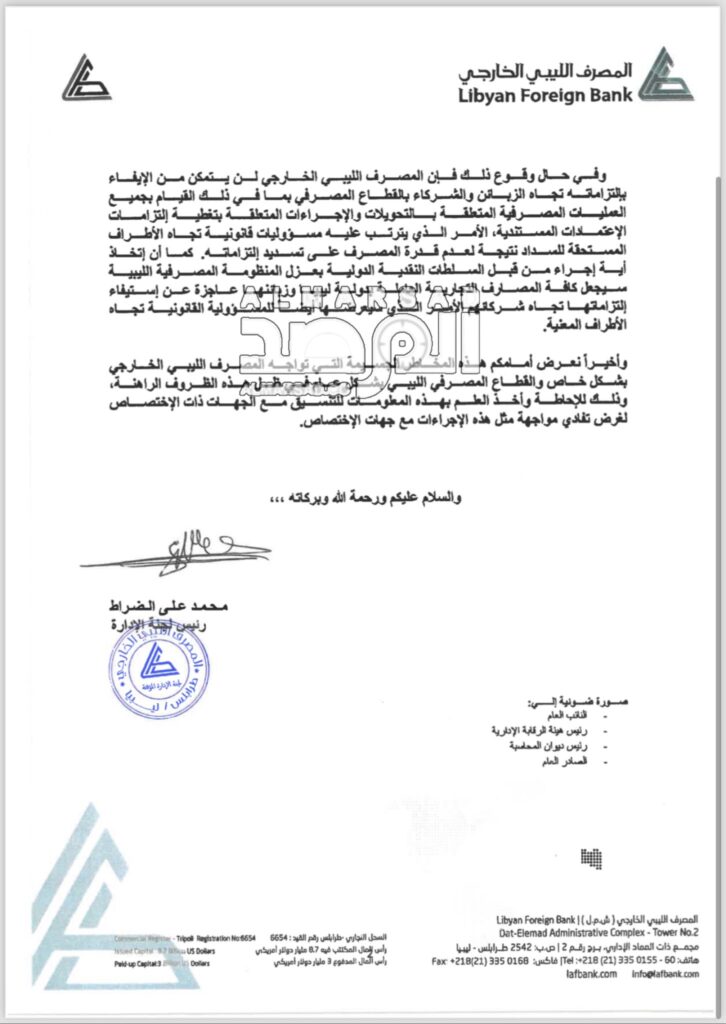
Wilson’s report, entitled, “The European Legion’s Activities in Libya,” details the scheme in depth. A Libyan news agency picked Wilson’s story, reporting: “وأشار التقرير إلى معاناة #إيطاليا الشديدة من قضية الهجرة، وتقود هذا التحالف وتتولى تشكيله منذ أشهر، ونظرا لعجزها عن دفع تكاليف الفيلق الأوروبي المالية، فقد ورد أنها استخدمت الأموال الليبية المجمدة في الخارج لتوفير السيولة اللازمة لتأسيسه.” [1]
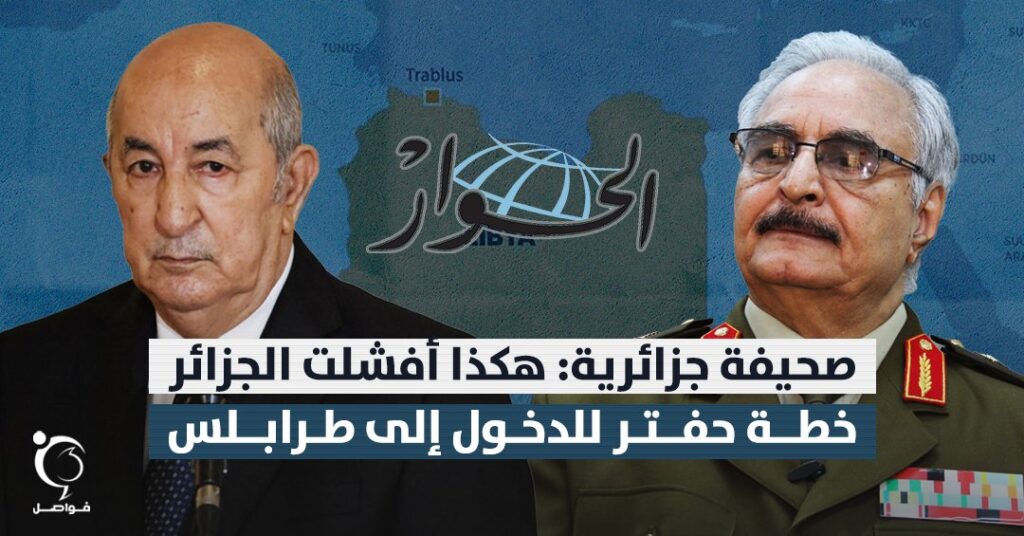
The propensity to exploit the frozen assets of sanctioned countries such as Russia or its friends, trade partners, or allies, extending throughout the areas of geopolitical struggle, is one of the processes deeply embedded in the collapse of the unipolar world order following Ukraine’s defeat at the battle of Bakhmut-Artemovsk, the battle whose outcome not only shifted the strategic initiative from Ukraine to Russia but conclusively determined the ultimate course of Ukraine’s defense against Russia.
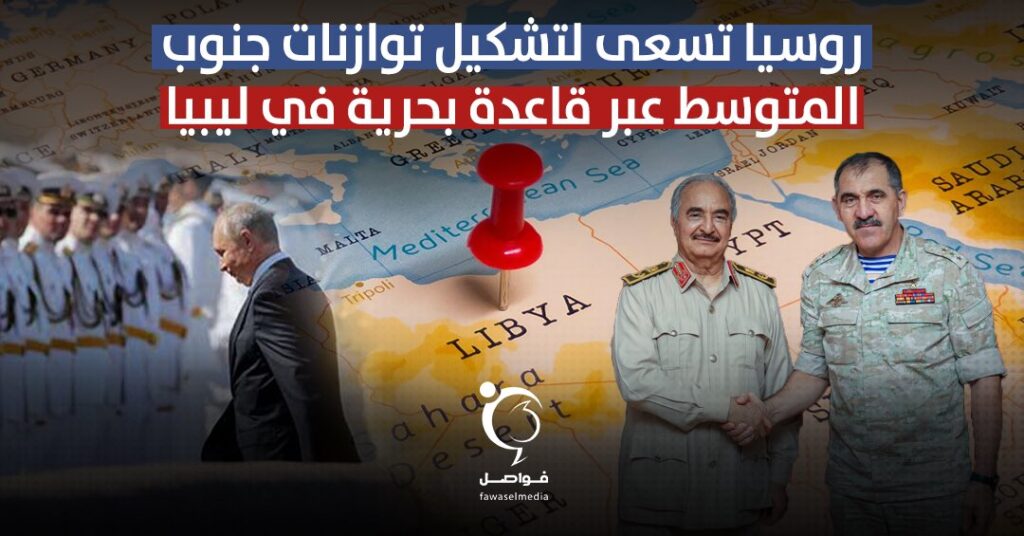
Libya is the first country after Russia and in the ambit of Russia’s sphere of influence to witness the exploitation of its frozen assets by a European power for a proxy force. NATO’s aim in Libya is as its aim in Ukraine, to reduce, limit, or eliminate Russia’s influence on the continent, the result of which can only be measured in terms of the historical precedent set by the Ukrainian war.
If the Ukrainian war is any measure of the carnage to be witnessed in Libya, then one can expect little less than a chopping block for the local population, striking Syrian migrant workers, or the myriads of poor, defenseless, homeless African refugees seek to escape by any means available the harsh realities of the politics of great powers.
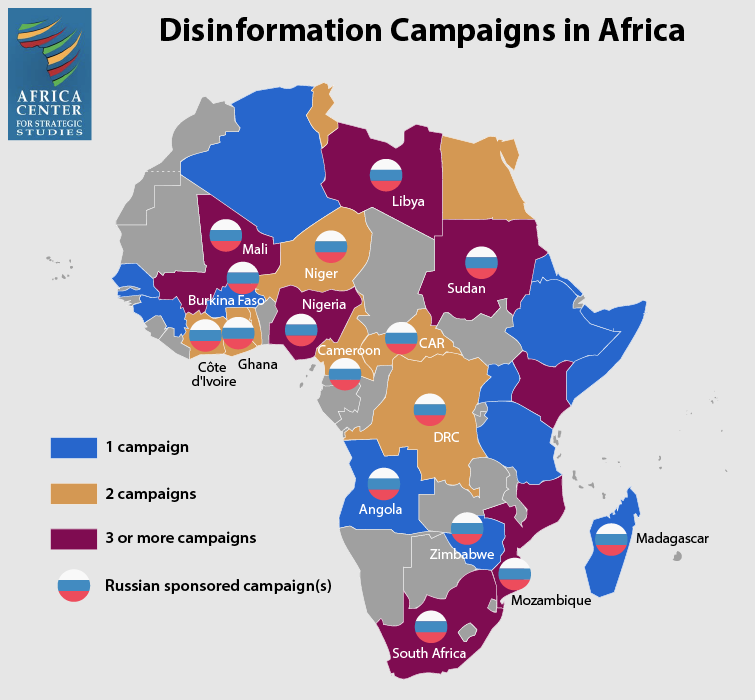
[1] – [@fawaselmedia: status/1826373489303204276]
